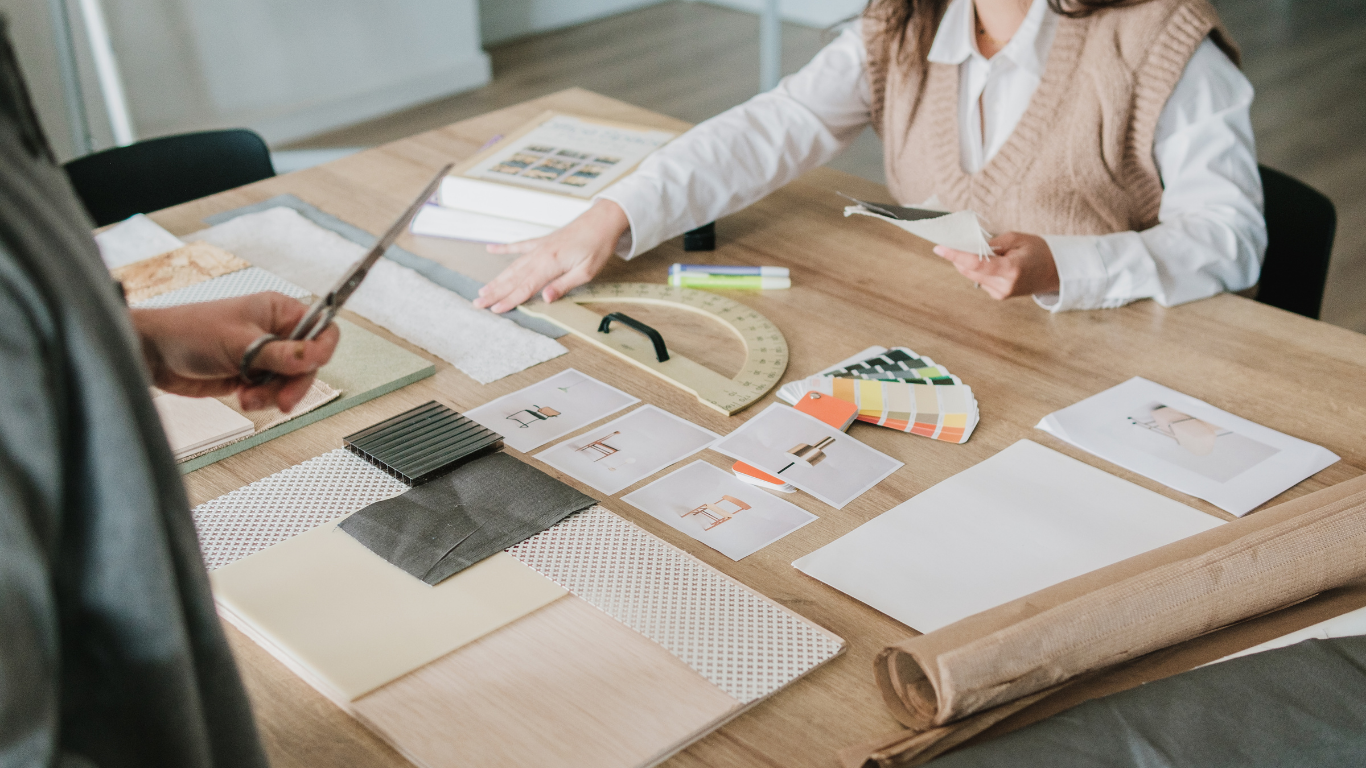
Making a Table Reservation
Learn how to make a restaurant reservation. This topic offers simple dialogues and useful phrases for calling a restaurant to reserve a table, perfect for beginners wanting to practice real-life English.
BEGINNER
Vocabulary
reservation
An arrangement to have a table at a specific time.
- I need to make a reservation for dinner tonight.
- Do you have a reservation?
- They have a table open for your reservation.
host
A person who greets and seats people at a restaurant.
- The host asked for my name.
- The host will show you to your table.
- You can talk to the host to ask for a table.
Grammar Tip: Using 'want to' for simple requests
For simple requests, you can use 'I want to...' This is direct and easy for beginners. For example, 'I want to make a reservation.' As you improve, you can add 'I would like to...' for a more polite tone.
Common Mistakes
❌ Saying 'I want a reservation' instead of 'I want to make a reservation.'
✅ Use 'make a reservation' to sound more natural. 'I want a reservation' is understandable, but 'make' is the correct verb.
The phrase 'make a reservation' is a standard collocation in English, which means the words naturally go together. While 'get a reservation' also works, 'make a reservation' is very common.
❌ Not saying the number of people.
✅ Always say 'For [number] people' or 'a table for [number].'
The restaurant needs to know how large the table should be. It's one of the first questions a host will ask.
Notes for Learners
- Be ready with the date, time, and number of people.
- Practice saying the numbers clearly. This is very important.
- Listen for key questions like 'How many people?' and 'What time?'
- It's a good idea to have your name ready to spell out if needed.
INTERMEDIATE
Vocabulary
available
Able to be used or found.
- Are there any seats available for the 8 p.m. show?
- The host said there are no tables available until 9 o'clock.
- The menu items are available all day.
party
A group of people together, especially for a meal at a restaurant.
- A party of six is waiting for a table.
- How many people are in your party?
- Our party is seated near the window.
Grammar Tip: Using 'I'd like to'
The phrase 'I'd like to' is a polite way to say 'I want to.' It's a key part of formal or polite conversation. Use it to make requests like reserving a table or ordering food. 'I'd like to reserve a table' is much more polite than 'I want to reserve a table.'
Common Mistakes
❌ Using 'I want a table' instead of 'I'd like to reserve a table.'
✅ Using 'I'd like to' or 'I would like to' is more polite and common for this type of request.
While 'I want...' is correct, 'I'd like to...' is considered more formal and polite in English, especially when speaking to a stranger like a host.
❌ Not confirming the details at the end.
✅ At the end of the call, repeat the details to make sure everything is correct. For example, 'So, a table for four at 7:30 p.m.?'
This is a good practice to prevent misunderstandings about the time, date, or number of people. It shows you're being careful and attentive.
Notes for Learners
- Start your call with a polite phrase like 'I'd like to...' or 'Could I...?'
- Be ready to suggest a specific time or ask about availability.
- When you give the number of people, you can say 'There will be four of us.'
- Listen for the host's confirmation of the details at the end of the call.
ADVANCED
Vocabulary
inquire
To ask for information.
- I'd like to inquire about the availability of a table for two.
- You can inquire about the menu with the waiter.
- I am calling to inquire about the hours of the restaurant.
accommodate
To provide a place or space for someone.
- The restaurant can accommodate up to 50 guests.
- They were able to accommodate our special requests.
- The room is large enough to accommodate a big group.
Grammar Tip: Using the subjunctive mood for politeness
Advanced learners can use the subjunctive mood to be more polite. For example, 'I was hoping...' or 'We were hoping...' This phrasing sounds more tentative and less demanding than 'I hope...' and is very common in polite requests.
Common Mistakes
❌ Using overly simple phrases from a beginner level when you have the vocabulary for more formal speech.
✅ Use more advanced vocabulary like 'inquire' and 'accommodate' to sound more natural and professional.
Advanced English is about choosing the right words for the situation. Using more formal terms like 'inquire' instead of 'ask' shows a higher level of fluency.
❌ Being too direct or sounding like you are in a rush.
✅ Take a moment to use a greeting and polite phrases. For example, 'Good evening. I'd like to inquire...' instead of 'Reservation for 8.'
A polite and professional tone is important in advanced communication. It shows respect and can lead to a better experience. Even in a quick phone call, starting with a polite greeting is a good practice.
Notes for Learners
- Use a polite greeting and open your request with a formal phrase like 'I'd like to inquire about...'
- Use phrases like 'if you have one available' to show you understand the restaurant may be busy.
- Be prepared to be flexible. The host may offer a different time, and it's polite to accept if it works for you.
- Listen for the host's confirmation and be ready to provide your name clearly.